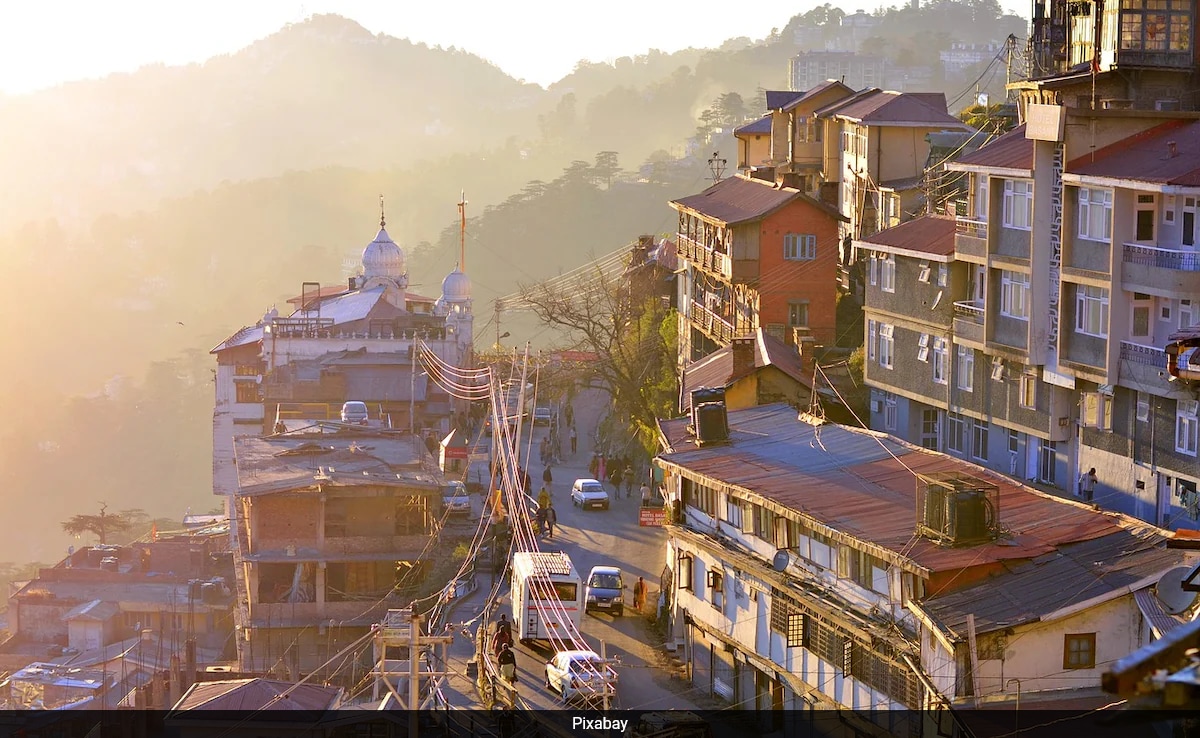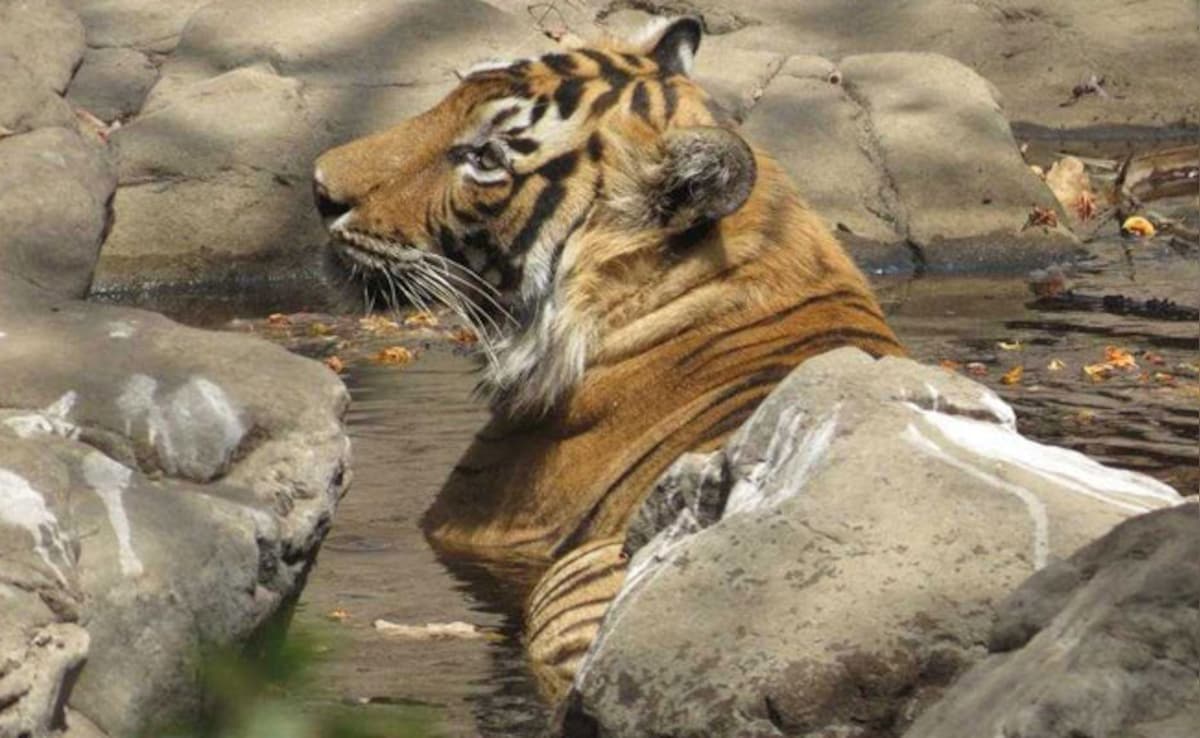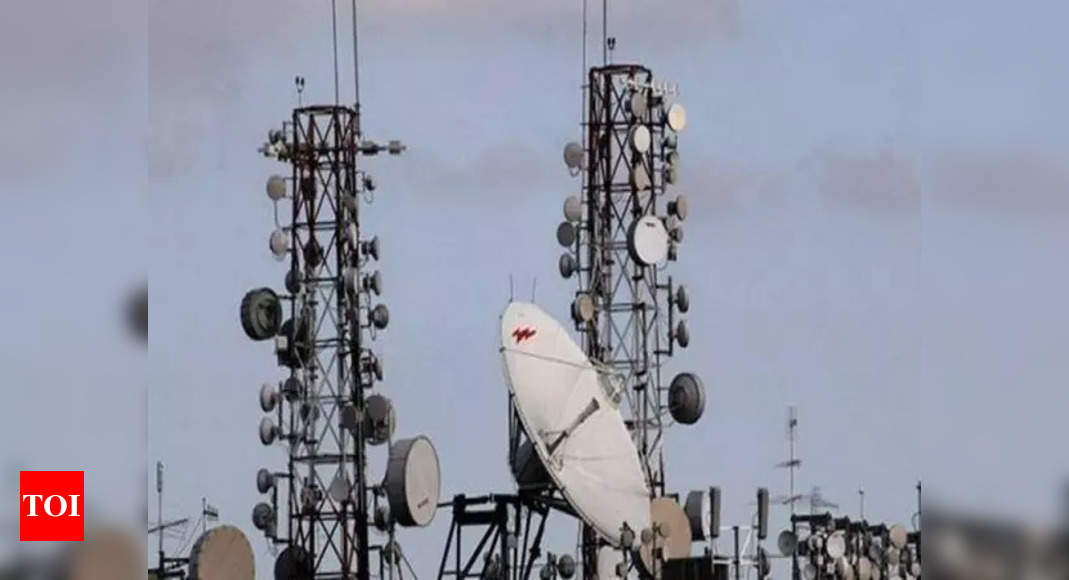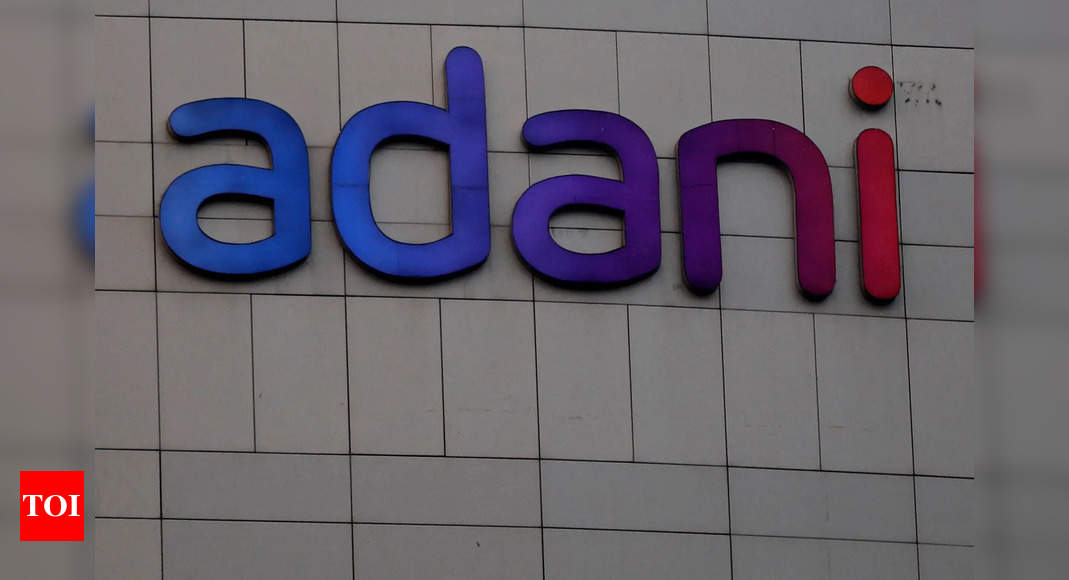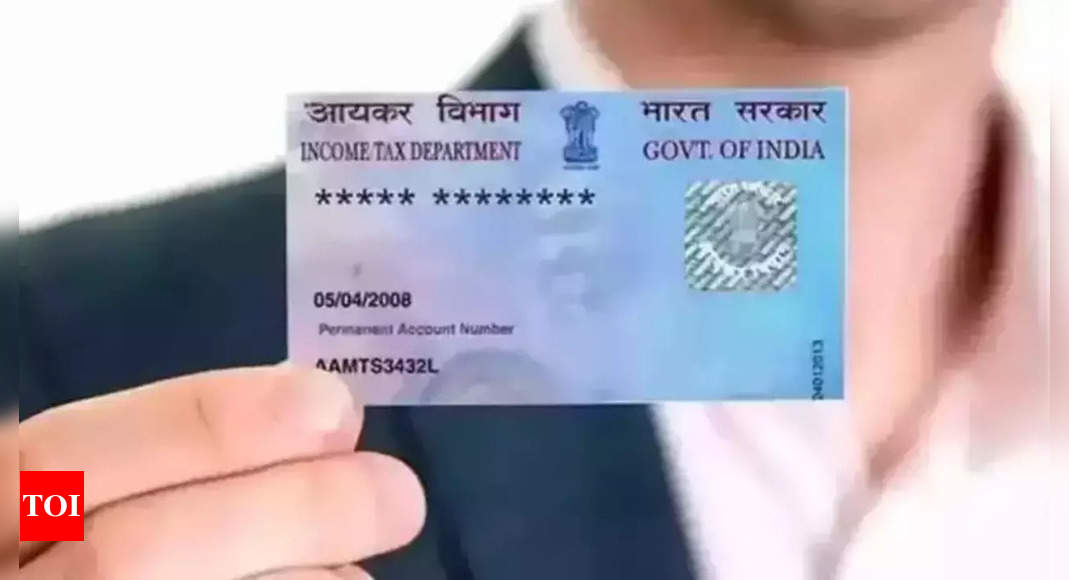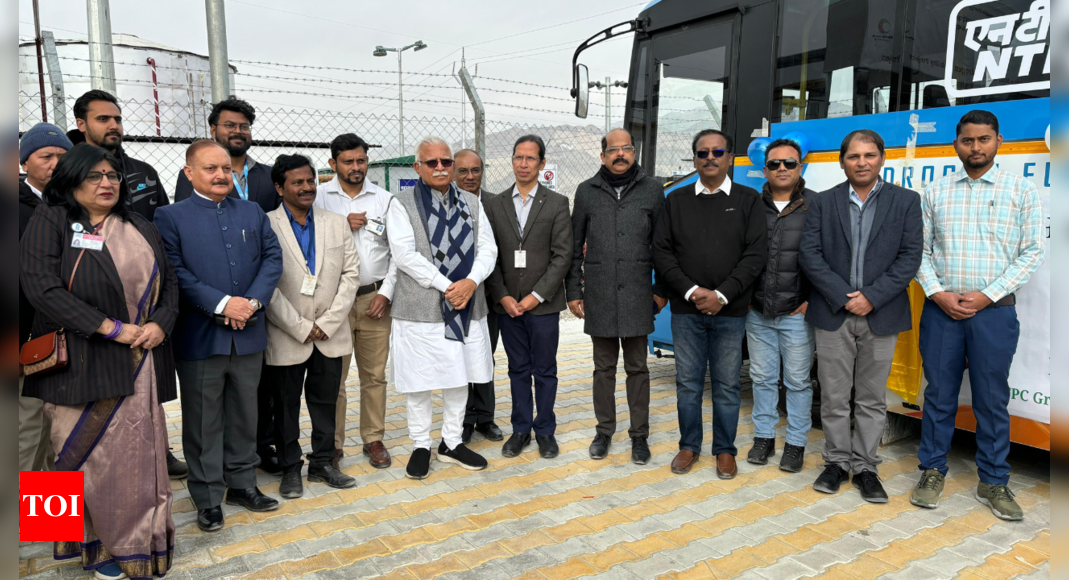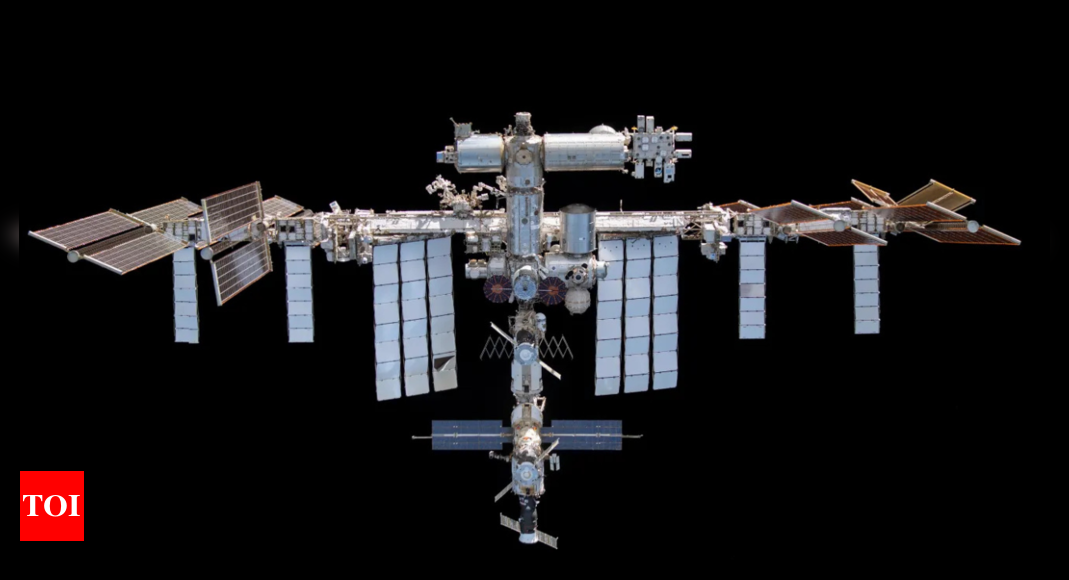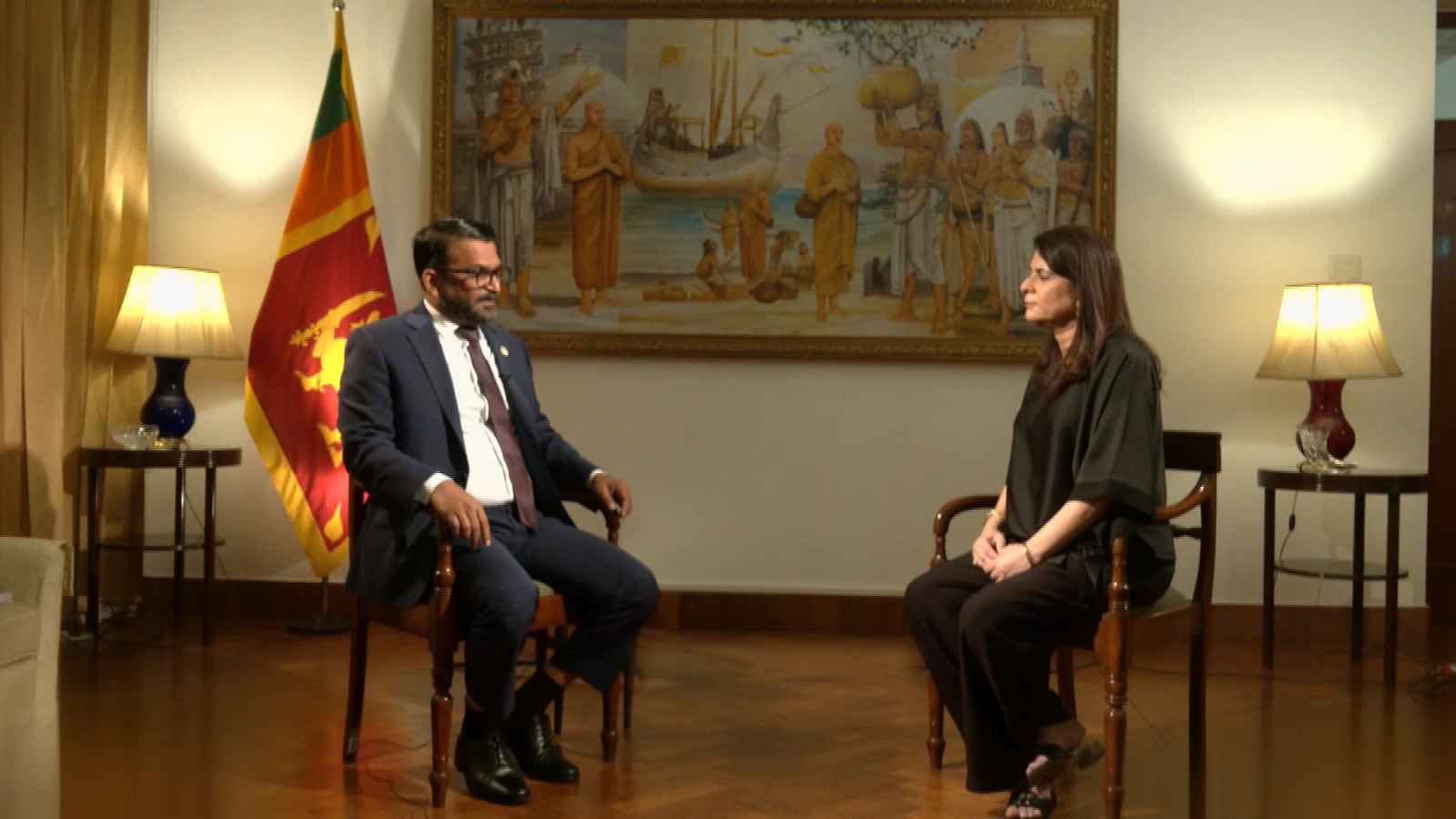

Mr Balasuriya was in New Delhi for the BIMSTEC Foreign Ministers’ Retreat.
New Delhi:
Sri Lanka wants to capitalise on India’s growth and it has given an assurance that it will not allow any country, including China, to use it in a way that harms New Delhi’s security concerns, the island nation’s Minister of State for Foreign Affairs, Tharaka Balasuriya, has said.
In a wide-ranging conversation on NDTV Dialogues, Mr Balasuriya stressed on the alignment between Sri Lanka and India in terms of increasing connectivity between the two countries and also said that there is a need for changing the current financial and political architecture of the world, which he called a “Second World War winners’ club”.
To a question on India’s concerns about China, including the docking of Chinese spy ships in Sri Lanka, the minister, who was in New Delhi for the BIMSTEC Foreign Ministers’ Retreat, insisted that the vessels were at the ports only for replenishment and not for any kind of surveys.
“I am sure India will have security concerns. It’s natural when you are becoming a bigger and bigger power, a more important player in world politics, to have concerns. But, from Sri Lanka’s perspective, we have given an assurance that we will ensure that no country uses Sri Lanka in any way to harm India’s security concerns. Of course, that does not mean that we don’t want to trade with China… I think we need to have a distinction between what’s harmful for India’s security concerns, and trade,” he said.
On Indian Foreign Minister S Jaishankar’s warning of a debt trap earlier this year, which was seen as a reference to China, Mr Balasuriya was candid and said that when Sri Lanka’s economic crisis began, only 10% of its foreign debt was to Beijing. “If we have had a debt issue, then there’s no point in us blaming this or that country. The reason we got into this situation is our own doing and we can’t blame other countries for that,” he admitted.
World Order Reforms?
Asked about calls from India and other countries for reform of multilateral institutions like the United Nations Security Council, the World Bank and the International Monetary Fund, especially in view of the Russia-Ukraine and Israel-Hamas conflicts, the Sri Lankan minister said something like that is much needed.
“If you look at the current world order, it’s a Second World War winners’ club. In 1945, the UK controlled about 10% of the world’s GDP, largely thanks to India, and also a large population. But now they are not as significant. But it’s not just a question of India… African and Latin American countries also don’t have a veto or a voice in the Security Council in terms of permanent membership. So, certainly, both the political and financial architectures have to change,” Mr Balasuriya emphasised.
“And I think India certainly has a very large role to play. It has been a leader in the Global South. But, sometimes, India also needs to compromise its interest against the interest of the Global South and take a leadership position,” he added.
The minister said that India should have a position in the UN Security Council and called for African and Latin American countries to have one too. “We need to look at the overall structure,” he said.
India-Sri Lanka Ties
Mr Balasuriya said the Bay of Bengal Initiative for Multi-Sectoral Technical and Economic Cooperation (BIMSTEC) Foreign Ministers’ Retreat was held in an informal atmosphere and there was a free flow of ideas.
He said he particularly liked Prime Minister Narendra Modi’s point that while the European Union had been very successful, South Asia had fallen short, primarily because of connectivity issues.
Emphasising that Sri Lanka’s people-to-people connectivity with India has always been strong, he said his country is looking to take that even further. Sea, air, and grid connectivity with India are also priorities, he said.
To a question on Mr Jaishankar’s first visit in PM Modi’s third term being to Sri Lanka and the importance of a proposed bridge between the two countries, Mr Balasuriya said, “From Sri Lanka’s perspective greater connectivity will be a game-changer. Apart from Gujarat, four of the fastest-growing states in India are in the south. For example, Tamil Nadu has 140 million internal tourists and Rameshwaram, which is the closest point to Sri Lanka, has 10 million.
“So we want to start the ferry service as soon as possible and maybe tourists can come visit the Shiva Temple in Sri Lanka’s Mannar. So we are very interested in capitalising on India’s growth,” he added.
Fishermen Arrests
The arrest of Indian fishermen has been a long-standing issue between Colombo and New Delhi and Mr Balasuriya acknowledged this.
“I was in the foreign ministry reading old notes and found correspondence between Prime Minister Jawaharlal Nehru and Prime Minister Sirimavo Bandaranaike in the 1950s, and the fishermen issue was on top of the agenda even then. But the problem is that it’s not just one or two Indian fishermen, thousands come to Sri Lankan waters… And people in north Sri Lanka are deprived of their livelihood,” he said.
The minister said growing connectivity between India and Sri Lanka can be a ray of hope in this as well.
“People who are into fishing (in Sri Lanka) could move to the tourism industry if they can make more money there. India and Sri Lanka have to look at fishing from a sustainability perspective,” he said.


